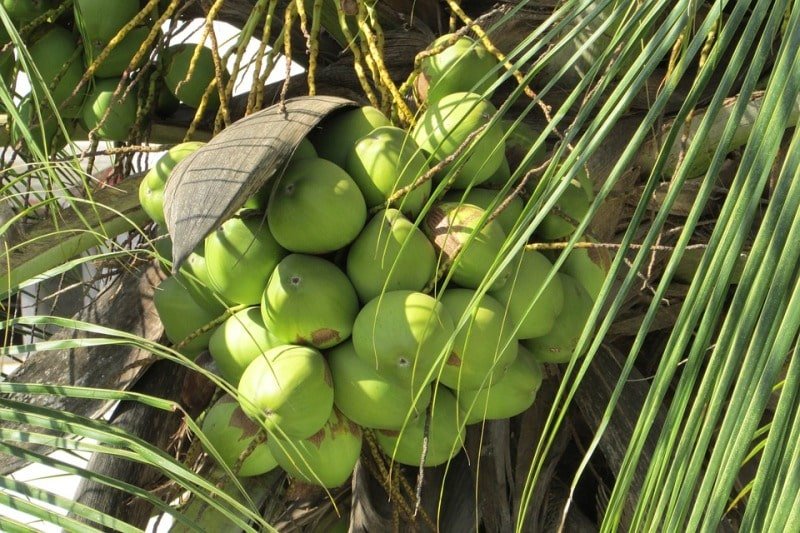One of the main factors that could drive growth in the coconut industry in Pakistan is the increasing demand for coconut-based products.

Coconut cultivation in Pakistan has great potential for growth and development. Although Pakistan is not traditionally known for coconut cultivation, recent advancements in technology and changes in consumer preferences have created opportunities for the industry to flourish.
One of the main factors that could drive growth in the coconut industry in Pakistan is the increasing demand for coconut-based products. Coconut oil, in particular, is becoming more popular as a natural and healthy alternative to other cooking oils.
Additionally, coconut-based cosmetic and personal care products are also gaining popularity due to their natural and sustainable properties. This growing demand for coconut products presents an opportunity for farmers in Pakistan to diversify their crops and take advantage of this emerging market.
Another factor that could contribute to the growth of the coconut industry in Pakistan is the availability of resources and funding. The government and international organizations have initiated several programs to support and encourage coconut cultivation in the country.
For instance, the Pakistan Agriculture Research Council (PARC) is providing farmers with high-yielding coconut varieties, technical guidance, and marketing support to improve the productivity of coconut crops. Similarly, the Asian Development Bank (ADB) has also funded several projects to promote coconut cultivation and processing in the country.
Advancements in technology are also contributing to the growth of the coconut industry in Pakistan. New technologies such as drip irrigation, fertigation, and improved harvesting methods are being introduced to increase the yield and quality of coconut crops.
These advancements in technology can help farmers to overcome some of the challenges associated with coconut cultivation, such as water scarcity and labor shortages.
However, there are also some challenges that need to be addressed for the coconut industry to grow and develop in Pakistan. One of the main challenges is the lack of awareness and knowledge among farmers about coconut cultivation and processing.
This can result in low productivity and poor quality of coconut crops. The government and non-governmental organizations need to increase awareness and provide training to farmers on modern techniques and best practices for coconut cultivation.
Another challenge is the limited availability of land suitable for coconut cultivation. Coconut requires a specific type of soil and climate to thrive, and not all regions in Pakistan may be suitable for its cultivation. The government and other stakeholders need to identify areas with the potential for coconut cultivation and promote its adoption in these areas.
In conclusion, the coconut industry in Pakistan has great potential for growth and development, driven by changing consumer preferences, advancements in technology, and the availability of resources and funding. However, addressing the challenges associated with coconut cultivation, such as lack of awareness and limited availability of suitable land, will be crucial for the industry to realize its full potential.